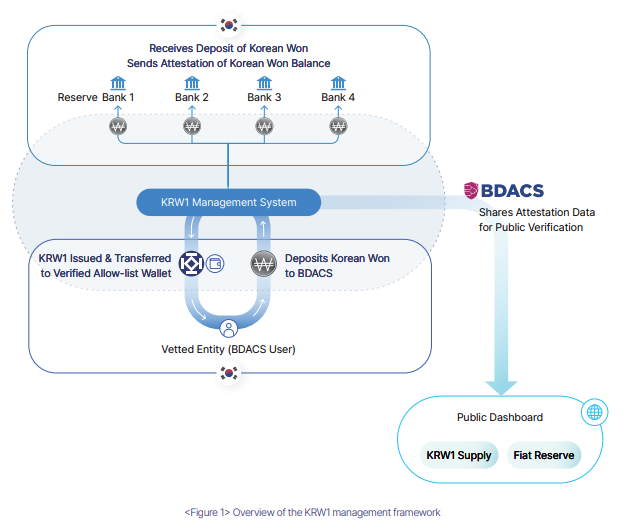Governments and fintech firms across Asia are accelerating the adoption of stablecoins in an attempt to catch up with global trends.
This week, a leading stablecoin issuer from Central Asia, AnchorX, unveiled AxCNH, the first regulated stablecoin pegged to the offshore Chinese yuan (CNH), at the 10th Belt and Road Summit in Hong Kong. according to Reuters.
AxCNH Aims to streamline cross-border payments
AxCNH is designed to facilitate cross-border transactions between Belt and Road Initiative (BRI) countries, offering faster settlements, lower transaction costs, and greater currency stability. AnchorX has already tested transactions with industrial giant Zoomlion on the Conflux blockchain and secured a listing on ATAIX Eurasia, a licensed cryptocurrency exchange in Kazakhstan.
Initially, the stablecoin will trade in pairs with KZT and USDT, targeting professional clients first.
The project’s goal is to leverage blockchain technology for real-world financial infrastructure, including trade settlements and tokenized assets, reflects China’s broader push to internationalize the yuan.
South Korea's global move
South Korea is entering the market simultaneously with KRW1, a fully reserved, won-pegged stablecoin issued by BDACS.
KRW1 focuses on modernizing financial infrastructure, especially for cross-border payments, while maintaining full fiat backing through cash deposits or government debt instruments.

Both AxCNH and KRW1 are overcollateralized, ensuring equal backing to mitigate volatility, a model already used by major USD-backed stablecoins such as Tether (USDT) and Circle’s USDC.
Stablecoins as instruments of national financial strategy
The U.S. Federal Reserve has announced it will host a Payments Innovation Conference on Tuesday, October 21, 2025, in Washington, D.C. The event aims to bring together a range of stakeholders to discuss how to further innovate and improve the payments system.
Governor Christopher J. Waller emphasized that innovation has been a constant in payments to meet the changing needs of consumers and businesses.
"Innovation has been a constant in payments to meet the changing needs of consumers and businesses."
On July 18, 2025, President Donald Trump signed the Guiding and Establishing National Innovation for U.S. Stablecoins (GENIUS) Act into law.
This legislation introduces the first federal regulatory framework for payment stablecoins, digital assets designed to maintain a stable value relative to a fiat currency. The enactment of the GENIUS Act positions the United States as a leader in stablecoin regulation, providing clear guidelines that could foster innovation and attract investment in the digital asset space.
By putting CNH and KRW on blockchain rails, China and South Korea are seeking to strengthen trade networks and reduce reliance on the U.S. dollar in digital finance.
Overcollateralized stablecoins can also indirectly boost demand for government debt, lowering borrowing costs and supporting currency stability.
Implications for global trade and investment
The introduction of AxCNH and KRW1 comes as Asia-backed stablecoins attempt to carve out space alongside USD and EUR-backed tokens.
With cross-border payments becoming faster and more efficient, these tokens could shift liquidity pools, currency markets, and settlement practices, especially along the Belt and Road corridor. Adoption will take time, particularly given China’s historically tight capital controls, but early partnerships with firms like Zoomlion indicate a clear strategy for integration into international trade.
If successful, AxCNH and KRW1 may redefine how Asian currencies participate in global digital finance.

Disclaimer: All materials on this site are for informational purposes only. None of the material should be interpreted as investment advice. Please note that despite the nature of much of the material created and hosted on this website, HODL FM is not a financial reference resource, and the opinions of authors and other contributors are their own and should not be taken as financial advice. If you require advice. HODL FM strongly recommends contacting a qualified industry professional.




